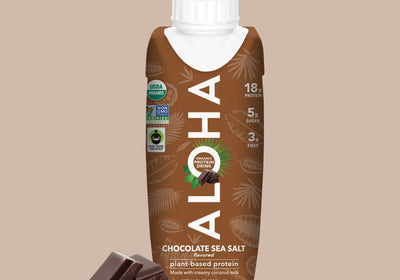
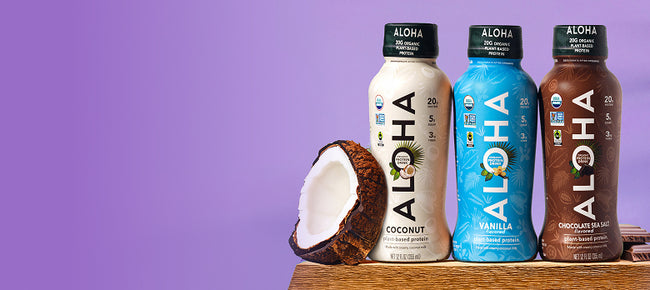 collection header image
collection header image
 collection header image
collection header image
Protein Drinks
-

-
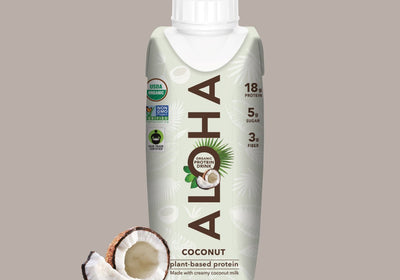
-
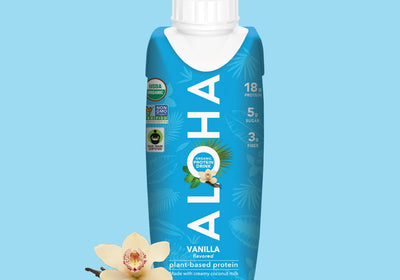
-
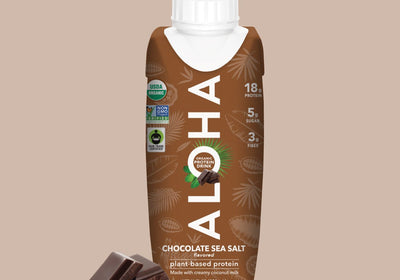
Chocolate Sea Salt
Protein Drinks (Out of Stock)12-countRich chocolate with a hint of sea salt
Price: $42.99
Sold Out
-
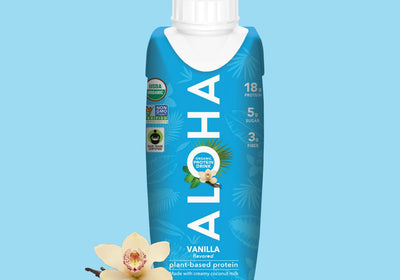
-
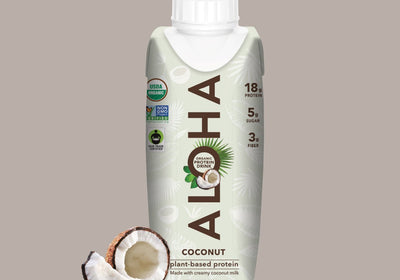
What Is An Organic Protein Drink?

Health Benefits Of Organic Protein Drinks
Best Organic Protein Drinks
Can organic protein drinks be used for weight loss?
+
-
Do organic protein drinks taste different from regular protein drinks?
+
-
Are organic protein drinks good for people with lactose intolerance?
+
-
Can I mix an organic protein drink with other beverages?
+
-
Are organic protein drinks suitable for vegans?
+
-





